Apple is expected to release new 14-inch and 16-inch MacBook Pro models with Apple Silicon chips in late 2021, putting increased pressure on Intel, plus driving growth in the laptop market share.
Taiwan-based research firm TrendForce says that although the Apple M1 chip was officially released in November 2020, its market share only reached 0.8% by the end of that year. The first M1 Macs included an 13-inch MacBook Pro, a MacBook Air, and a Mac mini.
The pair of MacBook Pro models equipped with a proprietary Apple CPU could the company's CPU market share up to 7%, TrendForce estimates. That, along with a rise in AMD's share, could put increasing pressure on Intel.
TF Securities analyst Ming-Chi Kuo previously predicted that new 14-inch MacBook Pro and 16-inch MacBook Pro models with an Apple chip could arrive by the second or third quarter of 2021.
Apple itself said that the transition to Apple Silicon, first announced in June 2020, would take about two years. Other Apple Silicon Mac models said to be in the works include new iMac, Mac Pro, and iMac Pro variants.
The M1 chip has been well-received since its launch in 2020, and has delivered performance that beats even top-line Intel chips. The M1 in the 13-inch MacBook Pro, for example, is nearly as fast as a 16-inch MacBook Pro model with an Intel CPU.
In late 2020, Intel was urged to make major changes or explore strategic options in the face of increasing chipmaker competition,
 Mike Peterson
Mike Peterson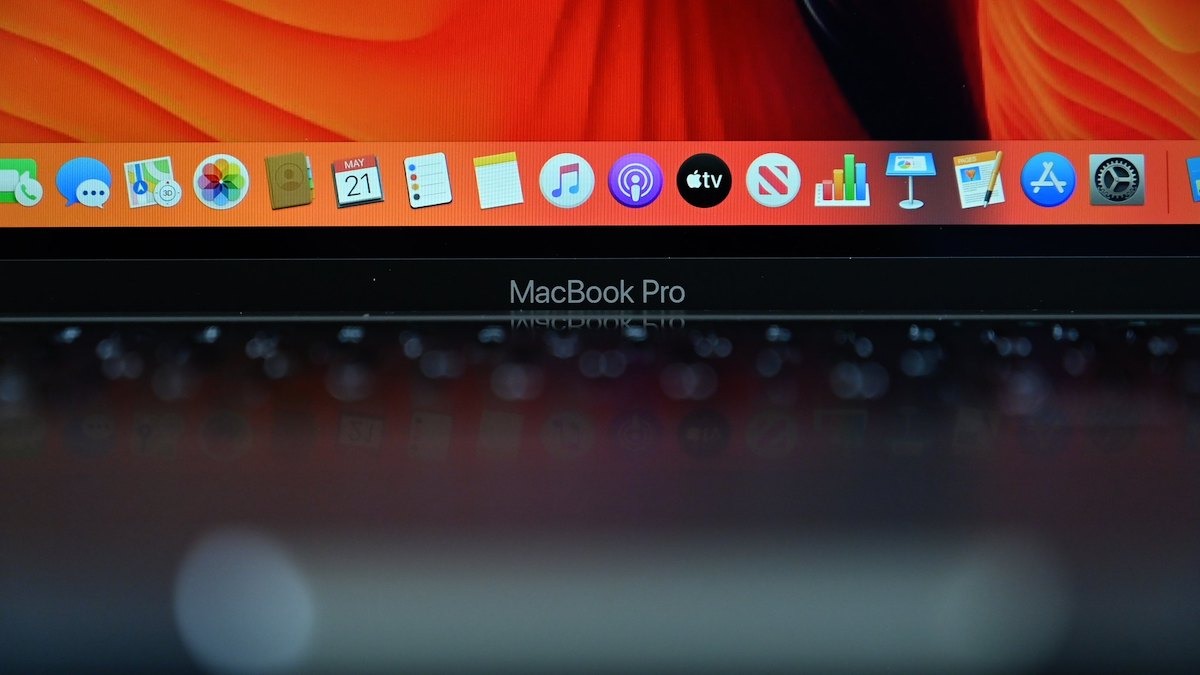








 Malcolm Owen
Malcolm Owen
 Charles Martin
Charles Martin
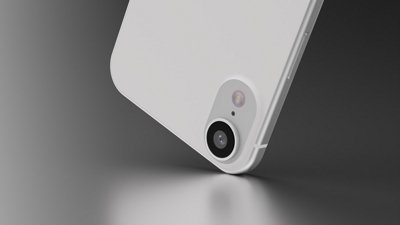
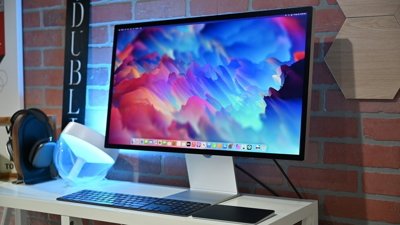
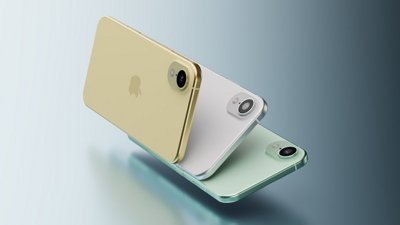

 William Gallagher
William Gallagher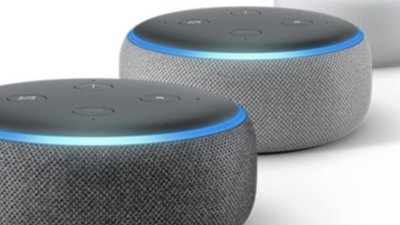








10 Comments
As we know, currently, no half decent game written for PC can run under VMs or emulation very well if at all. I wonder if this might change with M1 and M1X etc and ARM Windows on a Mac. Or, better yet, the big gaming companies might wake up to the paradigm shift that is underway and bring out ARM versions. Steam-M anyone?
Sorry if this has been previously discussed, but do we know when the clock on that 2 year transition started? Was it the announcement at WWDC, or was it when the first M1’s were finally released?
Losing 7% of their business, the vast majority of which will be Core i3 and Core i5 used in MacBook Air and entry level Mac Mini and MacBook Pro devices, won't "put pressure on Intel."
Look, this article https://www.zdnet.com/article/how-many-pcs-are-still-running-windows-7-today/ states that 90-100 million fewer PCs were sold in 2019 than in 2012 because of the rise of Android and iOS. And Intel is still fine. Why is this? Because the 200-250 million PCs that still sell a year is a huge number. And Intel makes most of their money on workstation and server chips anyway ... the Core i9 and Xeon chips. (Apple sells less than 1 million Mac Pro workstations a year, and about that many iMacs with the Core i9. The vast majority of their sales are Mac Mini, MacBook Pro and MacBook Air devices that use dual Core i3 and dual Core i5 CPUs.)
Please stop it with the idea that losing Apple's business will cripple Intel. It won't. Intel was fine before Apple adopted them in 2004 in the first place and will continue to be thereafter. If anything would pose a threat to Intel, it would be Windows on ARM becoming viable AND not costing 2-3 times as much as Wintel machines do. And it would be (predominantly Linux) data center and cloud servers as well as workstations moving to ARM.
As far as AMD goes, you are pretending as if the back-and-forth between Intel and AMD is something new, or that AMD is somehow a bigger threat to Intel - and especially to their workstation and server business - than they were before. And that AMD being this growing mortal threat to Intel just happens to coincide with Apple switching to ARM ... what a coincidence right?
Apple moving to ARM is a great development for Apple users, especially those who also have iPads, iPhones and Apple TVs. But it will have little to no impact on anyone else. Apple fans have been predicting the imminent collapse of Windows, Android and everything else ever since the iPhone took off. Isn't going to happen.